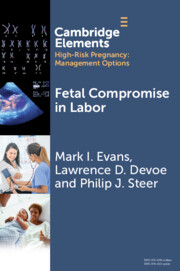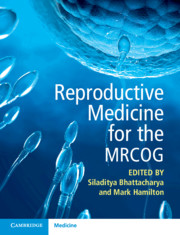Fetal Compromise in Labor
Sixty years ago, the purpose of introducing electronic fetal heart rate monitoring (EFM) was to reduce the incidence of intrapartum stillbirth. However, by the early 1980s, with falling stillbirth rates, fetal blood sampling had been widely abandoned, as many considered that EFM was sufficient on its own. Unfortunately, while the sensitivity of EFM for the detection of potential fetal compromise is high, specificity is low, and there is a high false positive rate which has been associated with a rising cesarean section rate. The authors suggest that EFM is considered and analyzed as a classic screening test and not a diagnostic test. Furthermore, it requires contextualization with other risk factors to achieve improved performance. A new proposed metric, the Fetal Reserve Index, takes into account additional risk factors and has demonstrated significantly improved performance metrics. It is going through the phases of further development, evaluation, and wider clinical implementation.
Product details
February 2025Paperback
9781009466301
76 pages
229 × 152 × 4 mm
0.137kg
Available
Table of Contents
- Introduction
- The Physiology and Pathophysiology of Heart Rate Patterns
- Traditional Diagnostics
- Alternative Approaches
- Contextualization of CTG
- Meconium Staining of the Amniotic Fluid
- Pyrexia in Labor as a Risk Factor for Adverse Neonatal Outcome
- Prolapse of the Umbilical Cord
- Medicolegal Aspects of Fetal Monitoring
- Behavioral Aspects of Fetal Monitoring.






